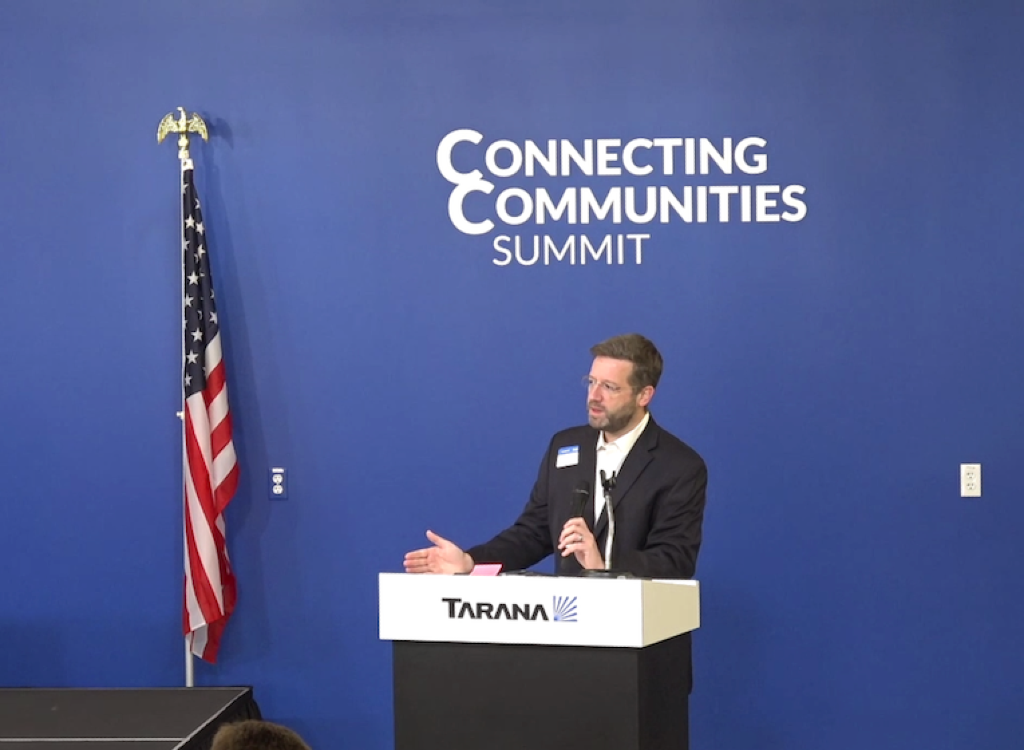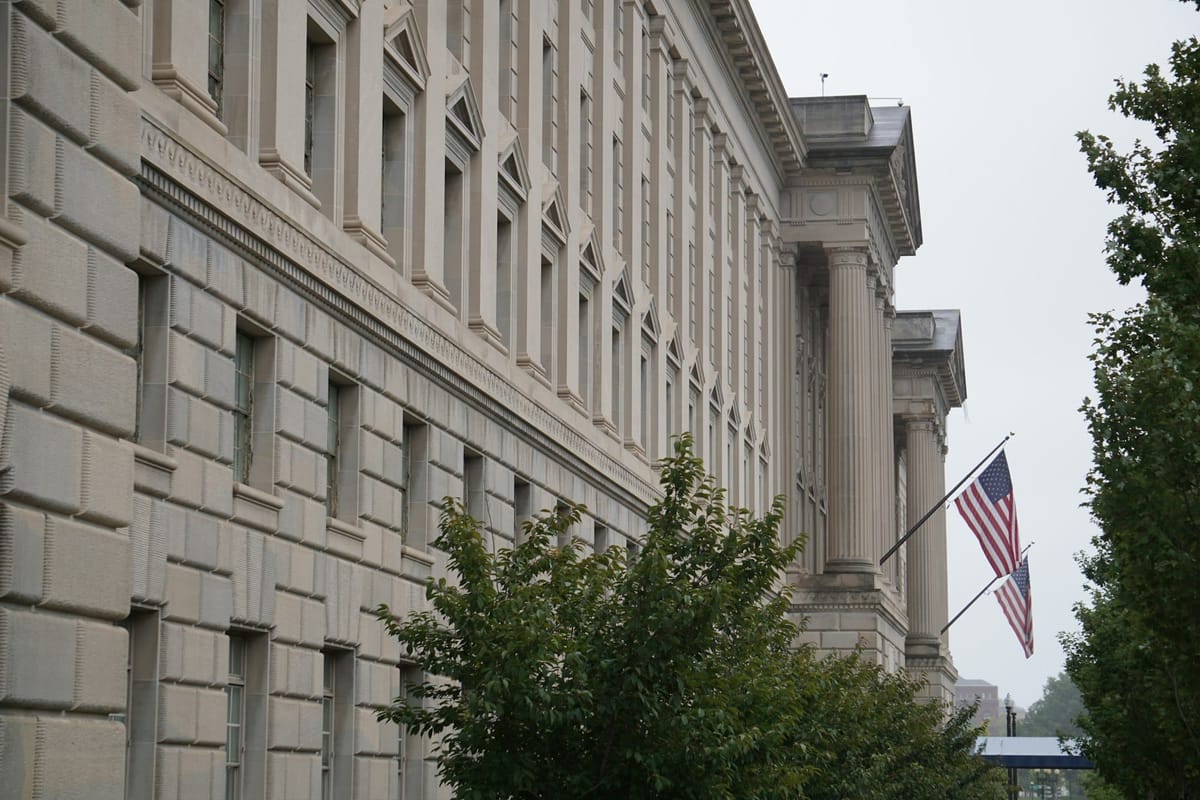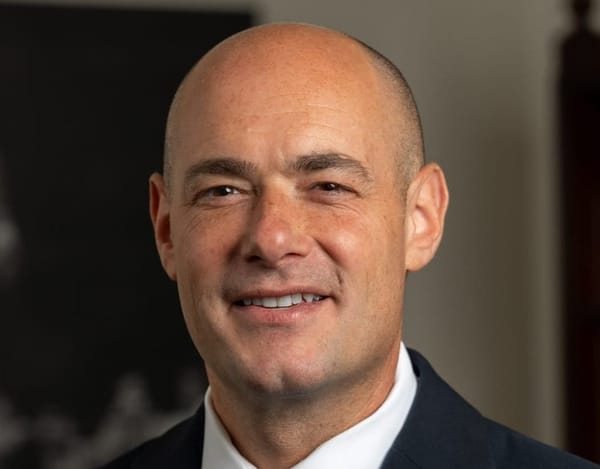BEAD Director Optimistic About Participation, More Guidance Coming
Evan Feinman said to expect the first BEAD final proposal 'in about two weeks.'
Jake Neenan

WASHINGTON, Nov. 13, 2024 – Broadband Equity, Access, and Deployment Director Evan Feinman is pleased with the program’s participation as states begin fielding grant applications, he said Wednesday.
“In states that have already begun making provisional subgrants, we’re seeing extraordinarily high participation. Very, very comprehensive projects are being proposed,” said Feinman, BEAD program director at the National Telecommunications and Information Administration. “So that makes us really confident.”
Feinman spoke at Tarana Wireless’s Connecting Communities Summit in the San Francisco Bay Area.
 Broadband BreakfastBroadband Breakfast
Broadband BreakfastBroadband Breakfast
Colorado’s broadband office, which took applications for the program through Oct. 31, reported that it received applications for more than $1.78 billion in funding, nearly twice its $826 million BEAD allocation. Most, but not all, of the state’s eligible locations received a bid, so the broadband office will be negotiating with providers to secure service for the less attractive areas.
Louisiana, which closed its application window in September, was in a similar situation with about 9 percent of its eligible locations not spoken for after bidding.
At least five states have finished taking applications for the $42.5 billion program: Louisiana, Nevada, Delaware, Colorado, and Montana.
Feinman said to expect the first final proposal, which outlines a state’s full list of approved BEAD projects, to be published for a final NTIA green light “in about two weeks.” He didn’t say which state or territory would be submitting the document.
Pitch to providers
Feinman also pitched the program to providers gathered at the event. He sought to dispel BEAD’s reputation for having more red tape than some other broadband grant programs.
“The smartest build you want to do here, the common sense approach, is the approach that’s going to get approved,” he said. “If it’s on budget and it accomplishes the program’s goal then, guys, that’s what we’re going to do. We’re going to build it and we’re going to get folks online.”
He said the program’s climate resiliency and fair labor practice provisions aren’t sweeping requirements that would necessarily disqualify certain projects. States had room to tailor those rules, and while some mandate prevailing wages or give higher scores for hardened infrastructure, they had the option not to.
“We’re quite open to the idea that, economically, this [hurricane]’s going to hit once every 15 years, it makes more sense to stay aerial,” Feinman said, adding “folks should meet where the market is in terms of the folks they’re going to hire.”
He noted the NTIA has been working to streamline the process of getting the multitude of permits that may be required, with full-time staff dedicated to the issue.
Feinman also emphasized the NTIA’s policy of pushing states to make all possible efforts to secure funding for every eligible location.
“Every one of those locations will be built to,” he said. “If you own or supply a network adjacent to those locations, your company can own that network, or one of your competitors can own that network. Which is better for your business?”
Upcoming guidance
Feinman said the final version of BEAD’s alternative technology guidance should be released “in the coming weeks.” The NTIA this summer took comment on draft policies for funding non-fiber projects with BEAD money, which states can do when fiber would be too expensive or no provider is willing to build it.
In addition to that, he said the agency would “shortly” be releasing guidance on putting the final proposal together. He said it would include many “reason codes” for states to designate how a given location is being served, or why it’s being made ineligible.
“There is quite a bit of paper, guys, and I do apologize for that,” Feinman said.








Member discussion